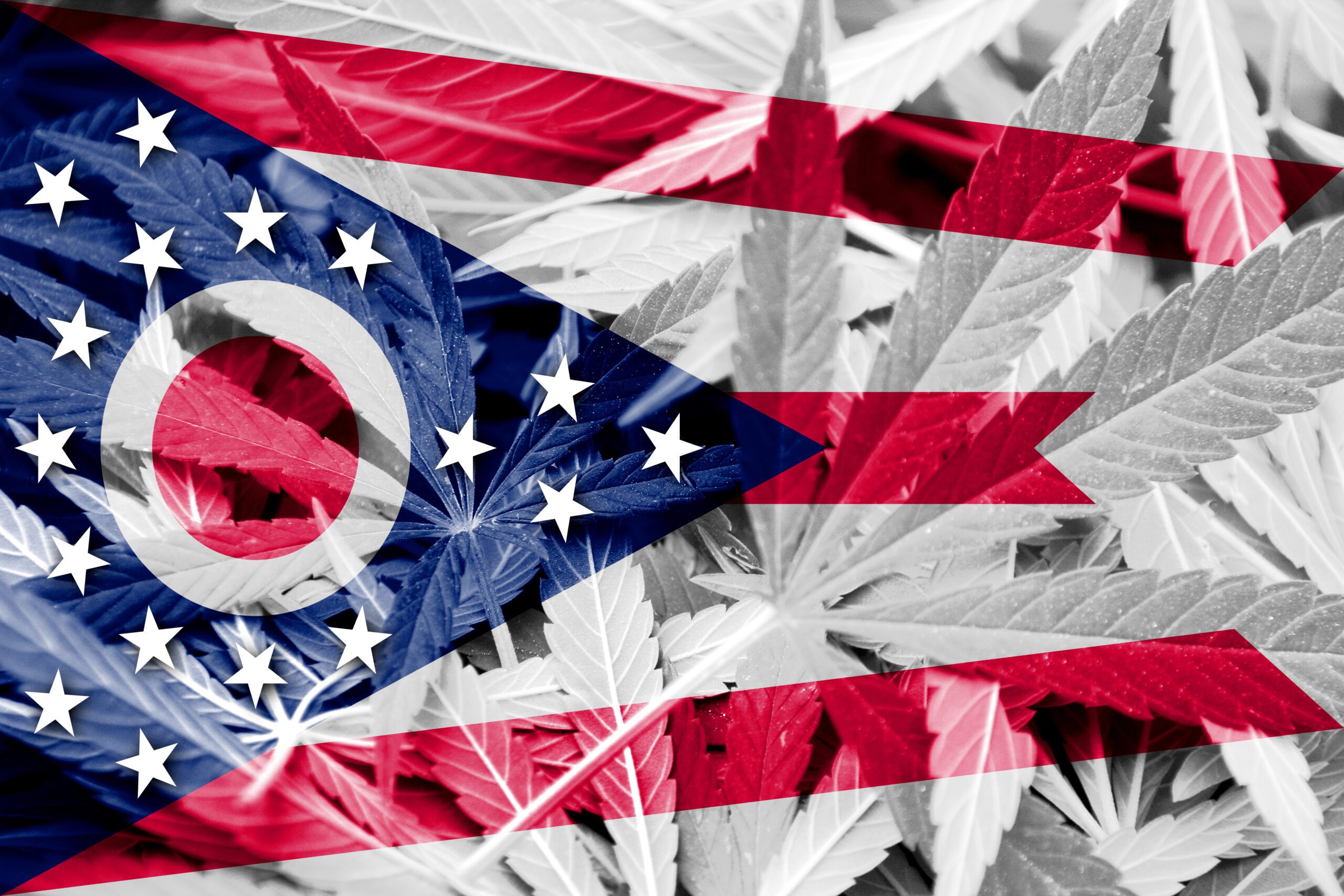Introduction
In today’s digital age, influencer marketing has become an increasingly popular strategy for businesses looking to expand their reach and boost brand awareness. The cannabis industry is no exception. With the rapid growth and widespread acceptance of cannabis, many companies are turning to influencers to help promote their products and services. However, navigating the world of influencer marketing in the cannabis space can be challenging, and there are potential pitfalls that businesses should be aware of. In this article, we will discuss best practices and common mistakes to avoid when utilizing influencer marketing in the cannabis industry.
Best Practices
- Research and vet potential influencers: Before partnering with an influencer, it’s essential to conduct thorough research to ensure that their values align with your brand’s message and target audience. Look for influencers who have a genuine interest in the cannabis industry, a strong and engaged following, and a history of posting authentic, high-quality content.
- Set clear expectations and goals: When working with influencers, it’s crucial to establish clear expectations and goals upfront. Be specific about what you want them to promote, how you want them to promote it, and the desired outcome of the collaboration. Having clear objectives will help ensure that the partnership is mutually beneficial and that both parties are on the same page.
- Abide by regulations and guidelines: The cannabis industry is heavily regulated, and businesses must adhere to strict marketing guidelines. Be sure to familiarize yourself with the rules and regulations surrounding cannabis marketing in your region and ensure that any influencer partnerships are compliant.
- Focus on long-term relationships: Instead of engaging in one-time collaborations, aim to build long-term relationships with influencers who genuinely believe in your brand and products. This approach will lead to more authentic content, greater trust from their audience, and a higher likelihood of long-term success.
Pitfalls to Avoid
- Choosing influencers based on follower count alone: While a large following is undoubtedly attractive, it’s essential to consider other factors such as engagement rate, audience demographics, and the quality of their content. Remember, an influencer with a smaller, more engaged following might be more effective than one with a larger, disinterested audience.
- Overlooking legal and ethical considerations: As mentioned earlier, the cannabis industry is heavily regulated. Be sure to comply with all marketing guidelines and avoid making any false or misleading claims about your products. This will help protect your brand’s reputation and minimize the risk of legal repercussions.
- Ignoring audience feedback: Pay attention to how your influencer’s audience responds to their sponsored content. If they are not engaging with the content or reacting negatively, it may be a sign that the partnership is not the right fit or that the content needs to be adjusted.
- Failing to measure success: In order to determine the effectiveness of your influencer marketing campaigns, it’s essential to track and measure key performance indicators (KPIs) such as engagement, click-through rates, and conversions. This data will help you make informed decisions about future collaborations and strategies.
Conclusion
Influencer marketing can be a powerful tool for cannabis businesses looking to expand their reach and boost brand awareness. By adhering to best practices and avoiding common pitfalls, companies can maximize the potential of their influencer partnerships and drive success in this competitive industry. Keep in mind that authenticity, transparency, and compliance are critical factors in ensuring the long-term success of your influencer marketing efforts in the cannabis space.














